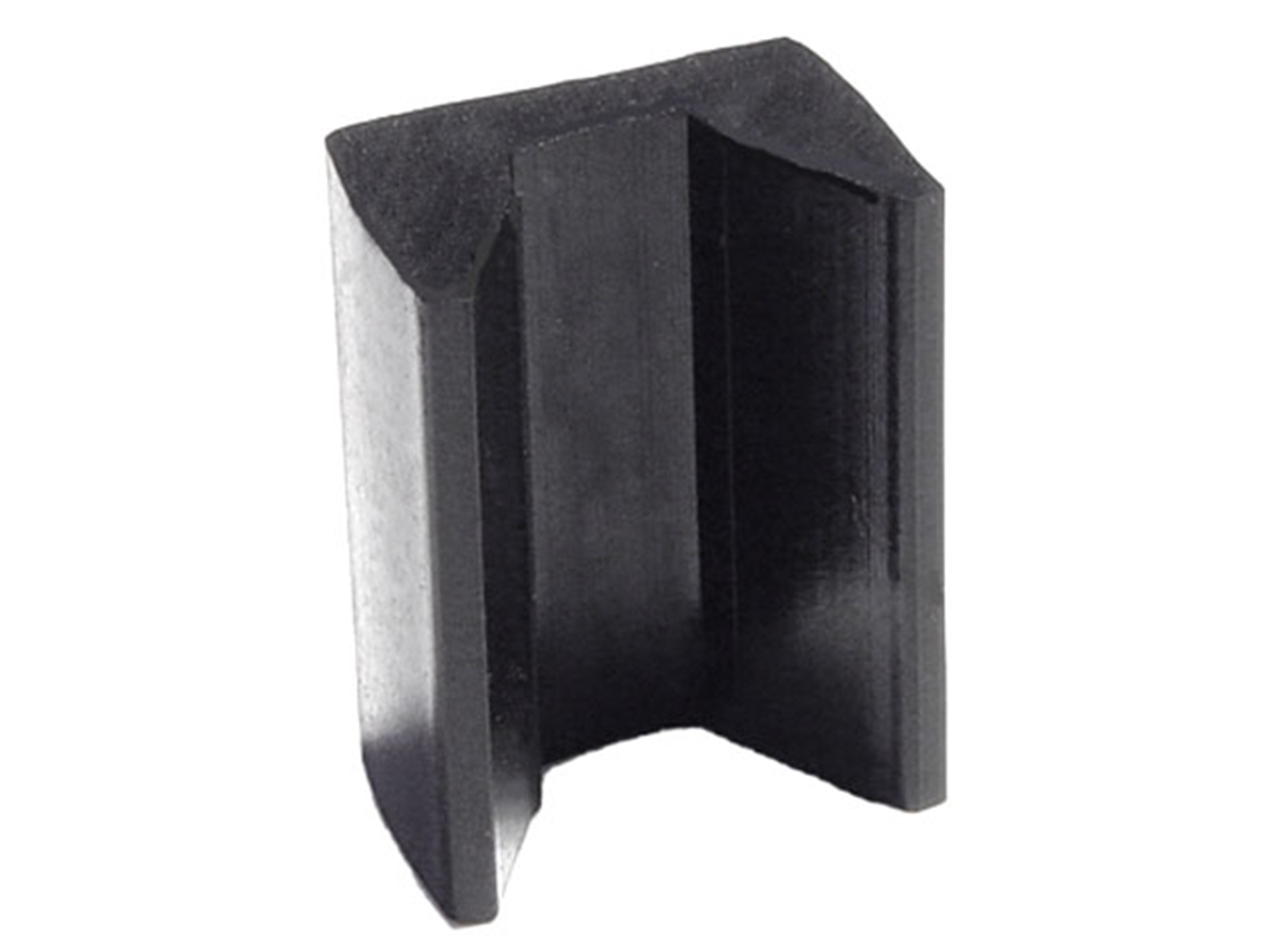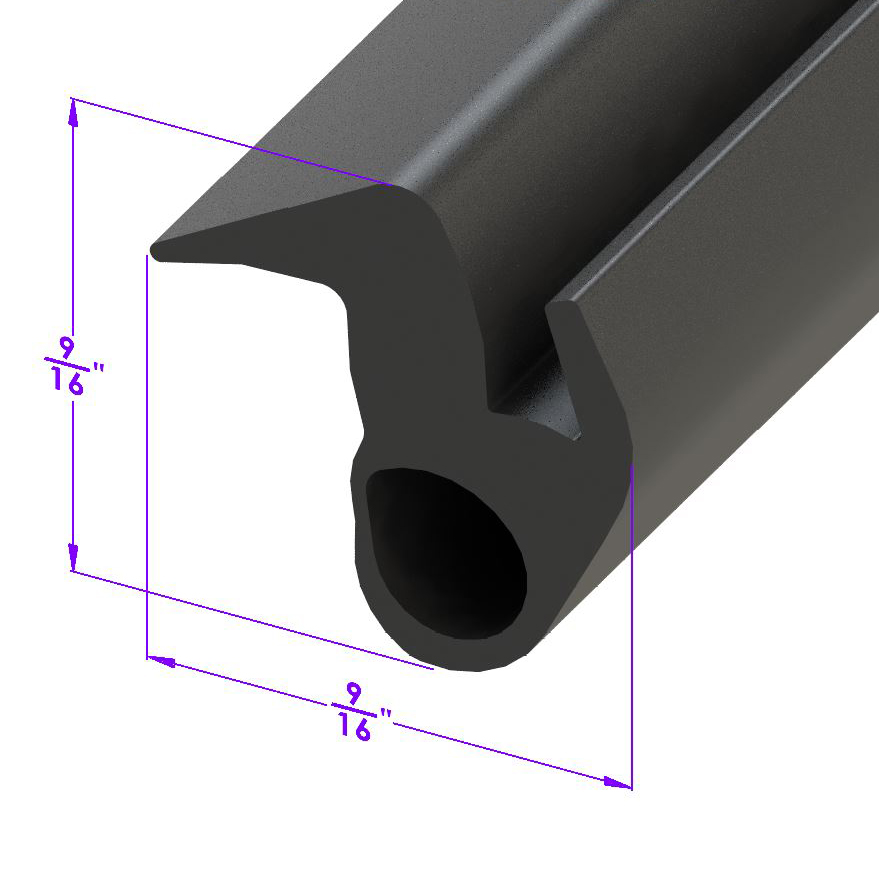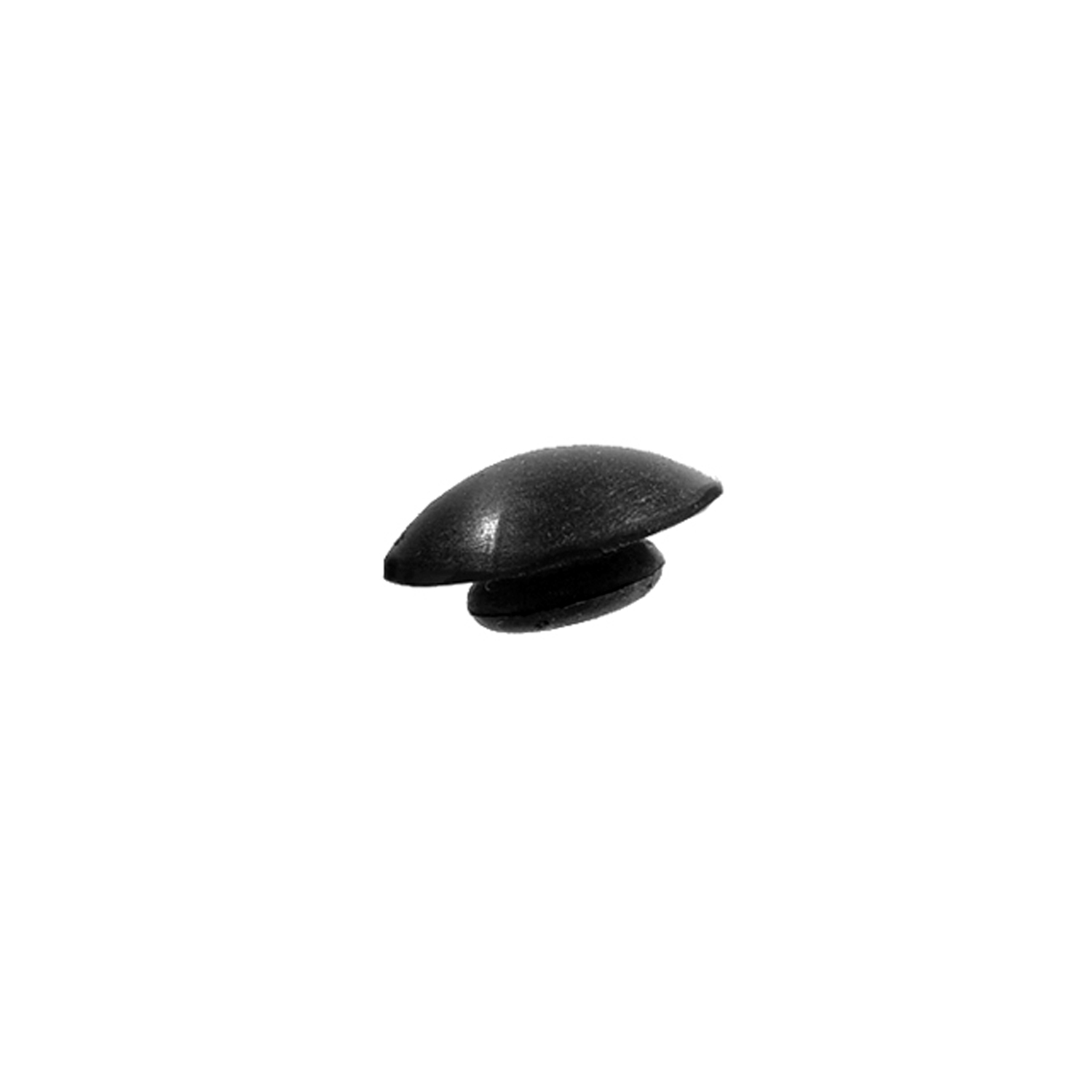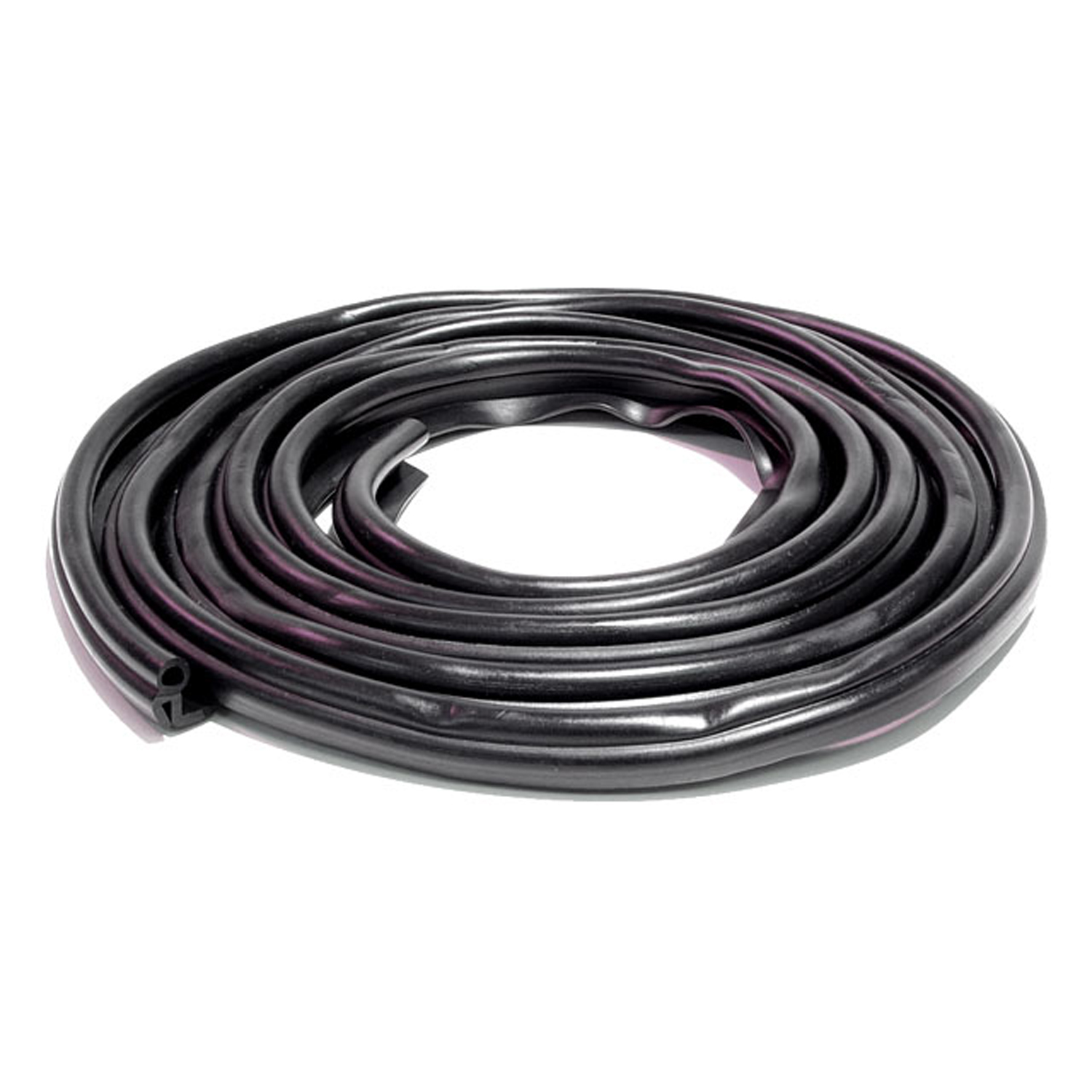Image of 1970 Nissan 240z, Note: These illustrations use artistic license and may differ from actual historical models.
Performance Metrics
Fundamental Metrics
Emotional Appeal
MMP Rating
| Engine Specifications | |
|---|---|
| Engine: | L24 I6 |
| Displacement: | 2.4L |
| Horsepower: | 151 hp @ 5600 rpm |
| Torque: | 146 lb-ft @ 4400 rpm |
| Compression Ratio: | 9.0:1 |
| Ignition System: | Electronic |
| Cooling System: | Water-cooled |
| Performance Specifications | |
| 0-60 Time: | 8.0 seconds |
| 1/4 Mile Time: | 16.1 seconds |
| Top Speed: | 125 mph |
| Transmission and Drive | |
| Drive Type: | RWD (Rear Wheel Drive) |
| Transmission Type: | 4-speed manual |
| Fuel and Efficiency | |
| Fuel System Type: | Carburetor |
| MPG: | 21 mpg combined |
| Dimensions and Brakes | |
| Brakes: | Front Disc / Rear Drum |
| Wheelbase: | 90.7 in |
| Weight: | 2359 lbs |
Note: Specifications for classic cars are given to the best of our ability, considering the limited and variant data available.
Unveiling the Icon: The 1970 Nissan 240Z
The year 1970 heralded the arrival of a revolutionary sports car that would redefine automotive excellence: the Nissan 240Z. Born from the vision of Yutaka Katayama, known as Mr. K, this Japanese marvel was Nissan's answer to the growing demand for affordable sports cars. The 240Z, or Fairlady Z as it was known in its homeland, was not just a vehicle; it was a statement of innovation and performance wrapped in an elegant design. Its unique fact? It was instrumental in establishing the Z-series legacy, a lineage that continues to captivate enthusiasts to this day.
Design and Innovation
The 240Z's exterior styling was a harmonious blend of European aesthetics and Japanese craftsmanship. The long hood, short deck, and sweeping lines exuded speed and grace. Inside, drivers were greeted with a cockpit that prioritized functionality without compromising on style. High-quality vinyl and available leather seating surfaces hinted at luxury, while the ergonomic layout ensured a driver-centric experience. Technologically advanced for its time, it featured independent suspension and disc brakes at the front—innovations that were not yet standard among competitors. Color options ranged from the vibrant Racing Green to the classic Sunshine Yellow, with Red being a particularly popular choice among aficionados. The most iconic body style was undoubtedly the two-door coupe, which has become synonymous with the 240Z identity.
Historical Significance
The Nissan 240Z's impact on automotive design is undeniable. It shattered preconceived notions about Japanese sports cars by offering performance and reliability at an accessible price point. Its success paved the way for future generations of Z-cars and influenced countless designs across the industry. The 240Z's blend of performance, style, and affordability set it apart from its contemporaries and cemented its place in automotive history.
Performance and Handling
Underneath its sleek exterior lay a robust 2.4-liter inline-6 engine that propelled the 240Z to impressive speeds, with a top speed nearing 125 mph and acceleration from 0-60 mph in just under 8 seconds—a remarkable feat for its era. The car's handling characteristics were equally praiseworthy; it tackled both bumps and windy roads with poise and agility. Driving a 240Z was an auditory delight as well—the engine's growl was music to any gearhead's ears, while the tactile feedback through the steering wheel made for an engaging driving experience.
Ownership Experience
The Nissan 240Z was versatile enough to serve as a daily driver or a weekend showpiece. Its robust engineering meant it could also hold its own on the race track. Owners appreciated its relative ease of maintenance and repair, thanks to its straightforward mechanical design and availability of parts—a testament to Nissan's commitment to reliability.
Fun Facts
The 240Z has graced many garages of celebrities over time and has been featured in numerous films and TV shows, enhancing its cool factor. While not necessarily known for breaking speed records, it did set benchmarks for sales success within its category. Criticisms were few but included some comments on cabin noise at high speeds—an aspect that some argued only added to its character.
Collector's Information
Today, a well-preserved 1970 Nissan 240Z can fetch anywhere from $20,000 to over $50,000 depending on condition, originality, and provenance. With approximately over 150,000 units produced during its first few years of production, they are relatively rare but still attainable for dedicated collectors. The value trend for this classic has been appreciatively upward over recent years as nostalgia fuels demand for this timeless machine.
Conclusion
The Nissan 240Z is more than just a car; it is a cultural icon that embodies the spirit of innovation and passion for driving. It bridged worlds by bringing together affordability and performance in a package that was as beautiful to look at as it was thrilling to drive. As we reflect on this automotive masterpiece, we are reminded that true classics never fade—they only grow more distinguished with time.
1970 Nissan 240z Catalog of Parts
 1970 Nissan 240Z Lower Door Glass Bumper fits 70-76 240Z Each-DB 70Lower Door Glass Bumper fits 70-76 240Z Each
1970 Nissan 240Z Lower Door Glass Bumper fits 70-76 240Z Each-DB 70Lower Door Glass Bumper fits 70-76 240Z Each 1970 Nissan 240Z Back Hatch Seal. Sold by the foot-LP 103-CBack Hatch Seal. Sold by the foot
1970 Nissan 240Z Back Hatch Seal. Sold by the foot-LP 103-CBack Hatch Seal. Sold by the foot 1970 Nissan 240Z Pinchweld Kit-LPK 203-BPinchweld Kit. 2-Piece kit, 75-1/4" & 48" long, for one door.
1970 Nissan 240Z Pinchweld Kit-LPK 203-BPinchweld Kit. 2-Piece kit, 75-1/4" & 48" long, for one door. 1970 Nissan 240Z Trunk Bumper. Each-SB 95-ATrunk Bumper. Each
1970 Nissan 240Z Trunk Bumper. Each-SB 95-ATrunk Bumper. Each 1970 Nissan 240Z Deck Lid Seal. 9 feet long. Each-TG 20Deck Lid Seal. 9 feet long. Each
1970 Nissan 240Z Deck Lid Seal. 9 feet long. Each-TG 20Deck Lid Seal. 9 feet long. EachWhy Choose Metro?
For over 100 years, Metro Moulded Parts has been the pinnacle of quality in classic car restoration parts. Our commitment to precision and authenticity in every component ensures a perfect fit and an OEM-level appearance.
- Expert Craftsmanship & Quality: Each part is a testament to our dedication to reliability and perfection, crafted from original designs and thoroughly tested.
- Advanced Technology: We use cutting-edge techniques to create flawless, long-lasting parts that surpass others in performance.
- SuperSoft Sponge – The Ultimate Door Seal: Not only are our door seals 30% softer than competitors', but they're also guaranteed to never leak. They effectively reduce wind and road noise, enhancing your classic car's comfort and driving experience.
- Proudly American: Our parts are a product of American craftsmanship, made in the USA with a spirit of excellence and heritage.
- Unrivaled Warranty: We back our products with a 30-year industry-leading warranty, a testament to our confidence in their quality.
Join us in preserving the legacy of classic cars with parts that are crafted for perfection, not just made.

